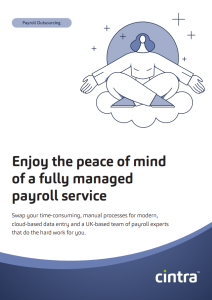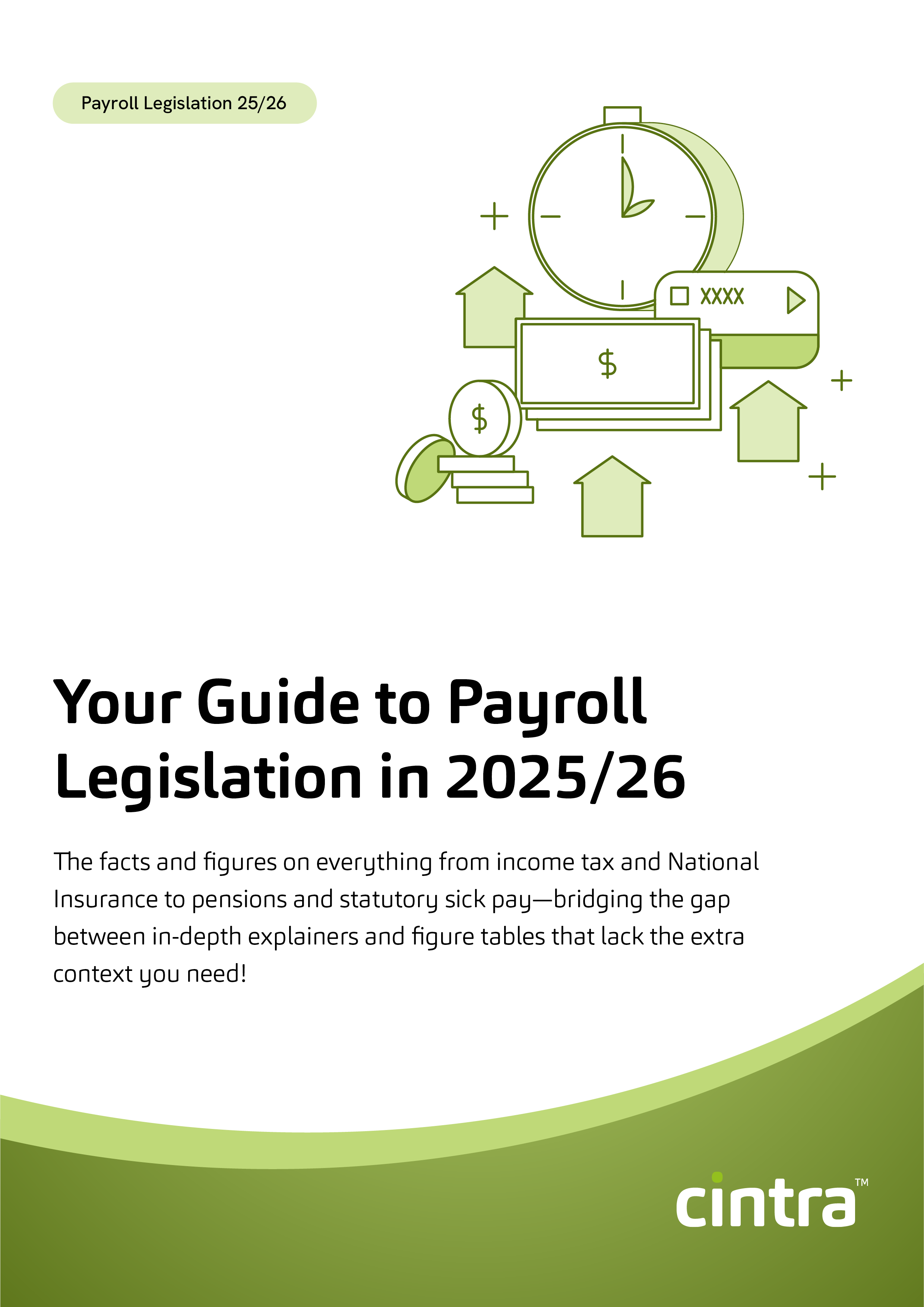Today, you’ll hear two main terms when it comes to making payroll payments—BACS and Faster Payments. But what’s the difference? And which one is better suited to your needs?
BACS is ideal for regular, predictable transactions. Its reliability and ability to schedule payments ahead of time reduces your administrative burdens and
timely
Faster Payments, on the other hand, offers almost instant transfers—perfect for emergency payments or resolving payroll errors quickly.
Let’s take a look at BACS vs Faster Payments in more detail, covering how they both work, and how to choose the right payment method for you.
BACS vs Faster Payments: An overview
What is a BACS payment?
A BACS (Bankers Automated Clearing Services) payment is a digital method used by banks to transfer money between different accounts. This system facilitates various transactions, including payroll processing, direct debits, and creditor payments. Over 90% of the UK workforce is paid this way!
BACS is overseen by Bacs Payment Schemes Limited, a regulatory body responsible for streamlining financial operations.
How does a BACS payment work?
When you want to make a BACS payment, you start by sending your payment instructions to your bank—often managed in payroll by creating a BACS file via your payroll software. They bundle these with other transactions, process them, and then communicate with other banks through the BACS system. Finally, your recipient’s bank receives the funds and credits their account.
How long does a BACS payment take?
A BACS payment usually takes up to three working days: you send it one day, it’s processed on the 2nd day and the recipient gets the money on the 3rd day.
What is a Faster Payment?
A Faster Payment is a quicker way to send money from one bank account to another. Unlike BACS, which can take three working days, Faster Payments usually take just a matter of seconds. When you make a Faster Payment, the money typically appears in the recipient’s account right away after you initiate the transfer.
How does a Faster Payment work for payroll?
With Faster Payments for payroll, you start by preparing your payroll data and calculating each employee’s net pay. Then, you initiate the transfer through your banking portal or payroll software, providing employee details and amounts. Your bank verifies the transfer, authorises it, and then the payments are processed in near real time, with employees receiving notifications of their salary.
How long does a Faster Payment take?
Faster Payments usually take seconds or minutes, but they might take up to two hours. Regardless, they’ll always be credited by the end of the following business day. Factors like the banks involved, network traffic, cut-off times, and technical issues can affect the timing.
Get the latest insights and best practice guides, direct to your inbox.
BACS vs Faster Payments: the pros and cons
BACS payments
Pros | Cons |
BACS payments are reliable and secure. | BACS payments take three days to process. |
They are suitable and cost-effective for larger payments. | They are not instantly available. |
BACS payments are convenient for recurring payments. | BACS payments may not be cost-effective for small payments due to associated fees. |
You can withdraw a payment on the day it was sent (if you make a mistake, for example) | BACS payments are limited to processing on working days (and only in the UK), which can be inconvenient if transactions are needed outside regular working hours. |
Faster Payments
Pros | Cons |
Faster Payments are fast and efficient, usually taking only a few seconds/minutes. | Transactions made through Faster Payments are irreversible, making it difficult to recover funds in cases of errors or fraudulent activities. |
They improve cash flow by ensuring that funds are available to recipients more quickly. | They have limited international reach, necessitating alternative methods like SWIFT or international wire transfers for cross-border payments. |
Available 24/7, providing flexibility for transactions at any time. | Faster Payments generally incur higher costs compared to BACS. |
Real-time notifications accompany Faster Payments, allowing senders and recipients to track transactions as they happen.
| Participation of the recipient’s bank is required; if they are not part of the network, payments may be processed through alternative methods, leading to potential delays. |
BACS vs Faster Payments: how to choose the right payment method for you
When deciding between BACS and Faster Payments for payroll, start by evaluating your business needs and comparing them to what each payment method offers.
You might even decide to use both: BACS for regular salaries and Faster Payments for urgent or one-time transfers. It’s all about finding what works best for you.
BACS payments:
- Preferred by many businesses for payroll.
- Highly reliable and allows scheduling up to three working days in advance.
- Ensures consistent and timely salary payments.
Ideal for businesses with stable, predictable payrolls.
Faster Payments:
- Useful for immediate payments.
- Suitable for one-off payments, bonuses, or quickly fixing payroll errors.
- Funds typically reach the recipient’s account within seconds.
No matter what payment systems you choose, Cintra can help streamline your payroll process
Our powerful, cloud-based payroll software makes payroll management a straightforward, stress-free process — supporting both BACS and Faster Payments.
Book a personalised demo today to see how we can simplify your payment processing.

Find out more about Cintra's award-winning outsourced payroll services.
Download your Cintra Source brochure


